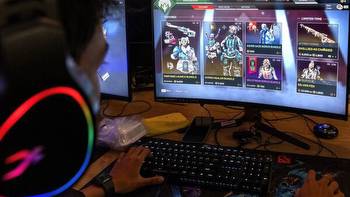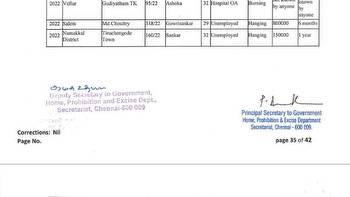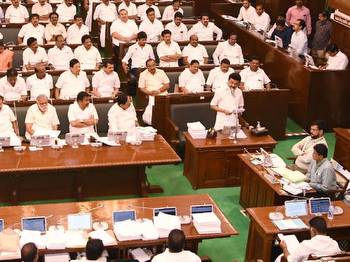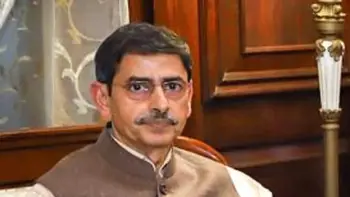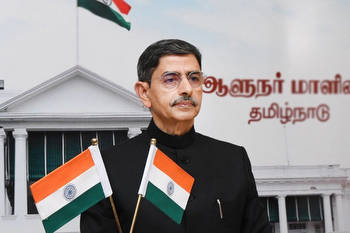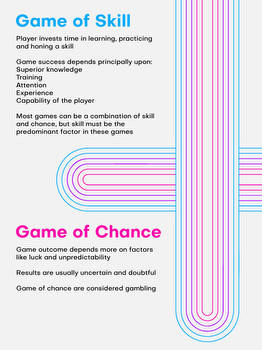Tamil Nadu mulls timing curbs on e-gaming, gambling

CHENNAI: Sifting through the whopping 10,000 responses sent in by the public on how to deal with online gaming/gambling with stakes, the State government has found that an overwhelming majority of them have called for banning virtual games due to the effect they have on families.
Sources said the government was considering imposing restrictions on how much time a player can spend on these sites per day or week.
“Out of the more than 10,000 emails sent by the public, including politicians, parents and teachers, more than 99 per cent are in favour of a blanket ban on online gaming and gambling sites. They believe these sites are a menace to the society, as they are taking away lives and pushing families under debt,” a senior official said on condition of anonymity.
“The government is planning to introduce restriction on timing, like allowing a person to play only for one hour per day or three hours a week, etc.,” said the official, adding that they would proceed carefully considering how many states including Tamil Nadu met with setbacks after courts quashed the legislations.
The government had constituted a committee headed by retired Madras High Court judge K Chandru to analyse the impact caused by online gaming/gambling sites. After the committee submitted a report within two weeks, there were complaints from online gaming companies and also the public that their views were not taken into account. Hence, a stakeholders’ meeting was called for and people were also asked to mail their suggestions.
Understandably, the response from the gaming community was not the same as that of the public. “There were 17 representations from online gaming companies and professional gamers, who wanted regulations rather than a blanket ban. According to them, regulation will bring discipline,” said the official.
The gamers want the government to distinguish between games involving money and casual ones. “The gamers claim that 70 per cent of the online games are hyper-casual ones which do not involve money. The companies get revenue through in-game advertisements unlike games involving money where participants have to pay to play. The gaming companies wanted the latter kind to be regulated,” the official added.
Stating that the views of both people and gaming companies would be taken into account, the official said, “Playing rummy online and in person are not the same. Several factors such as time and players’ behaviour determine the game while playing physically but it is not the case online. There is no such thing as a game of chance or game of talent while playing online.”









